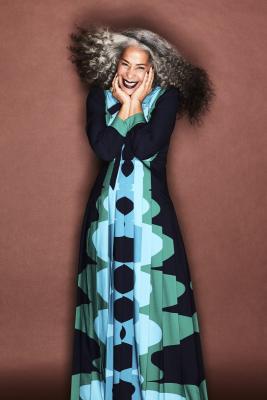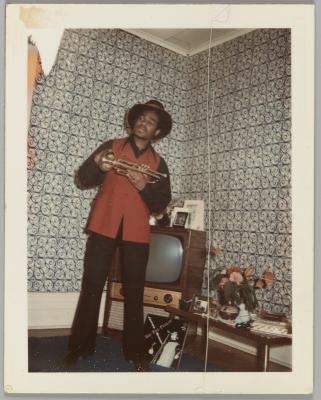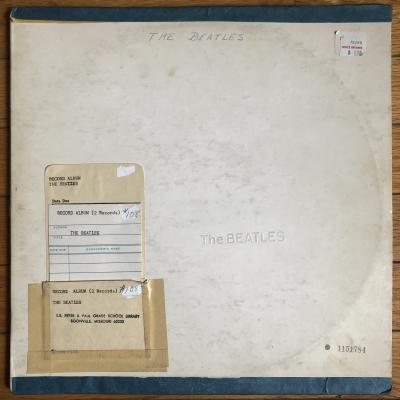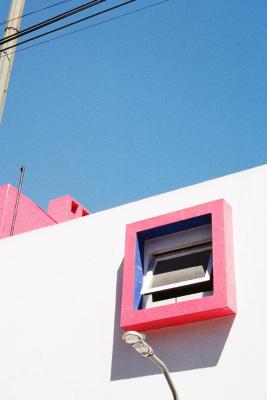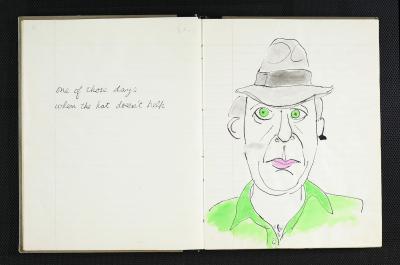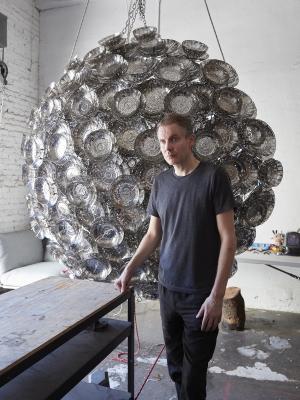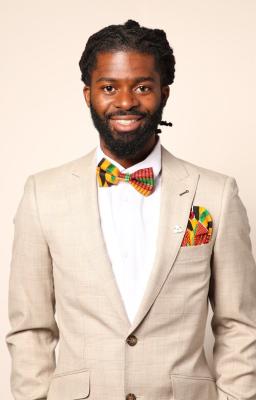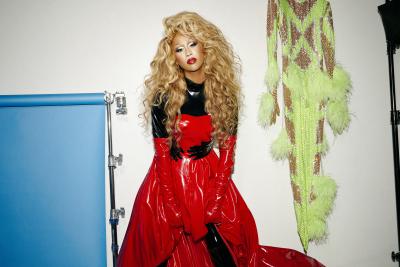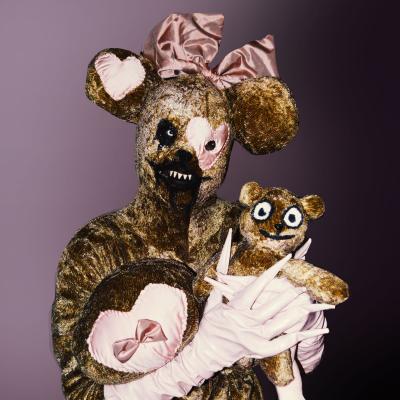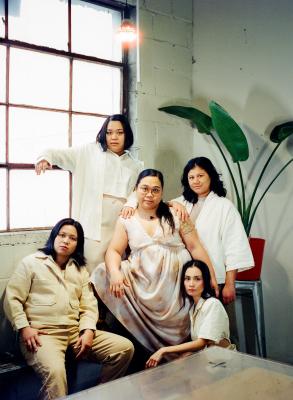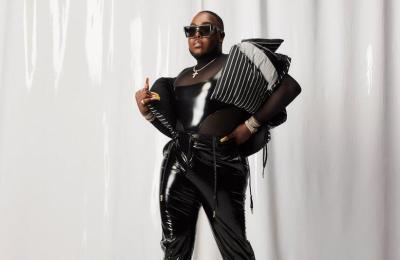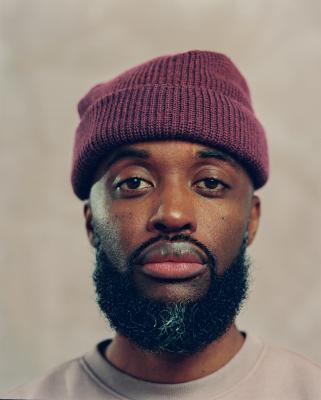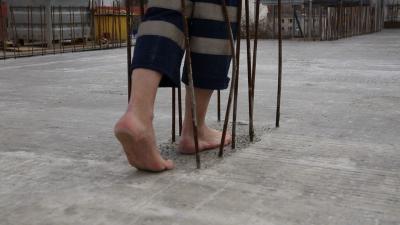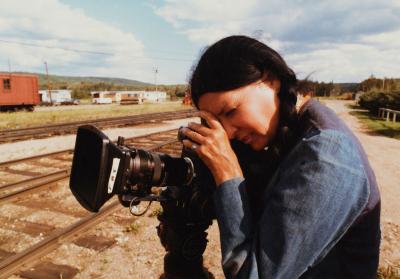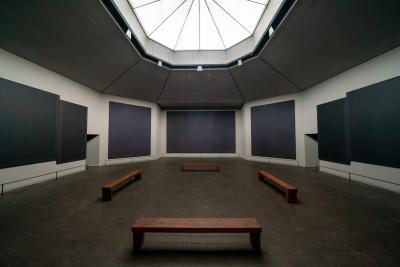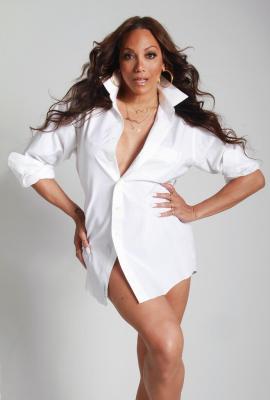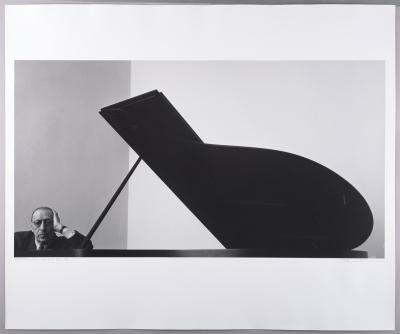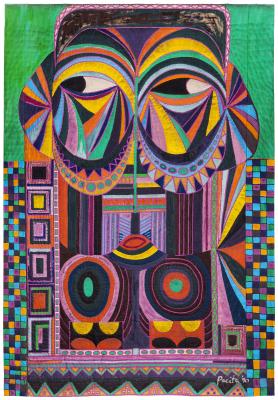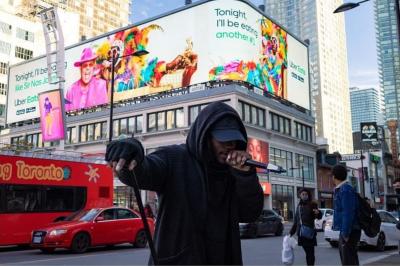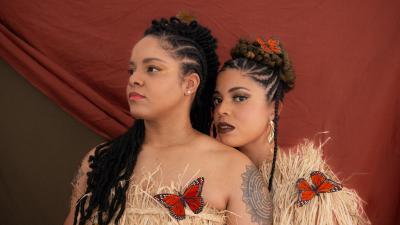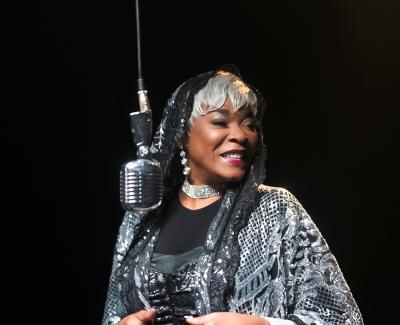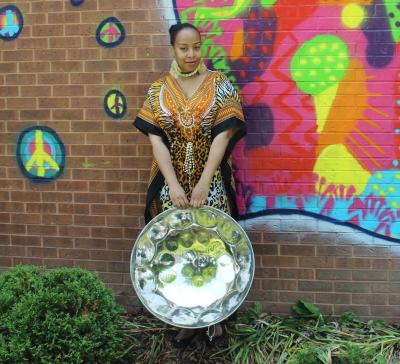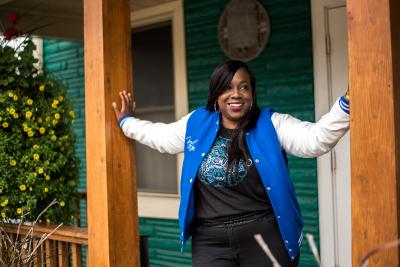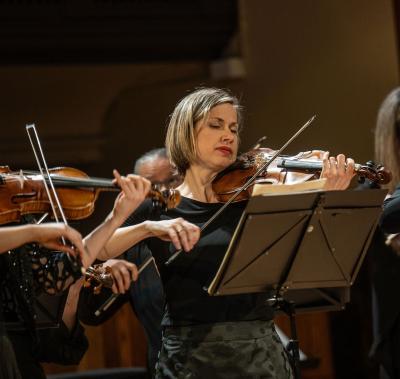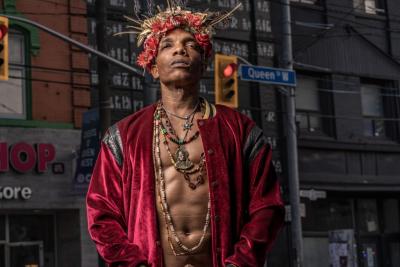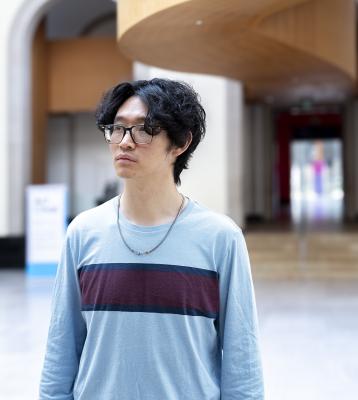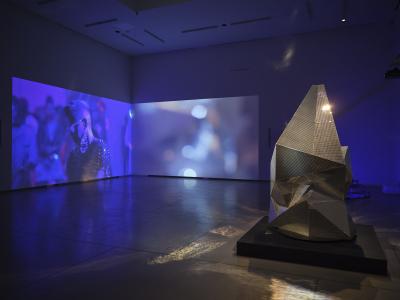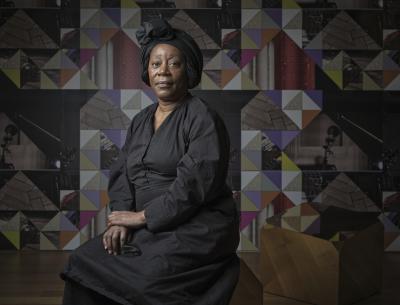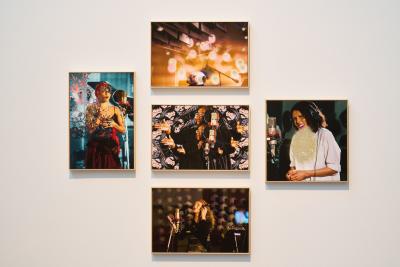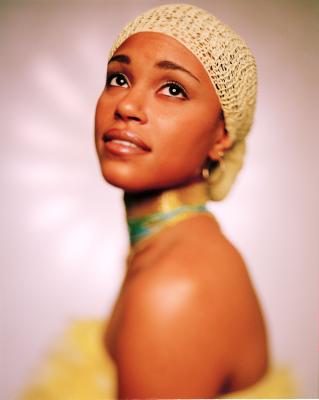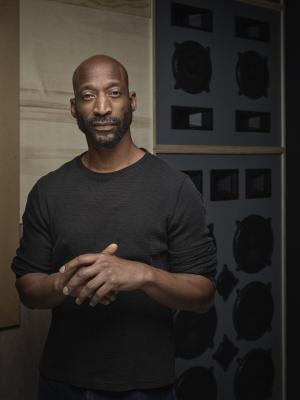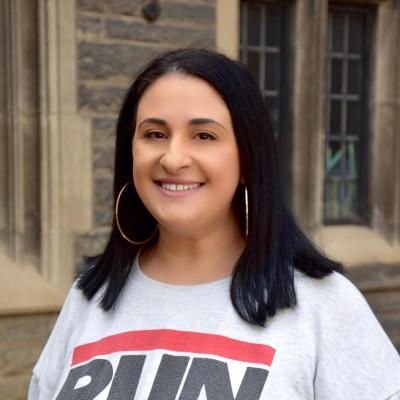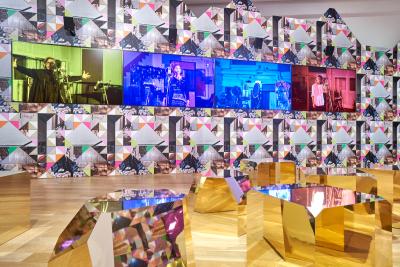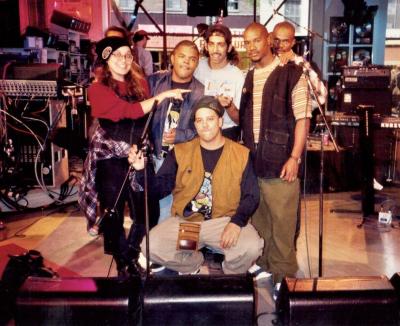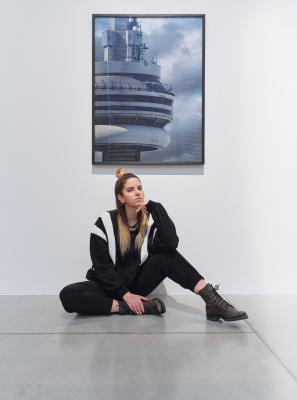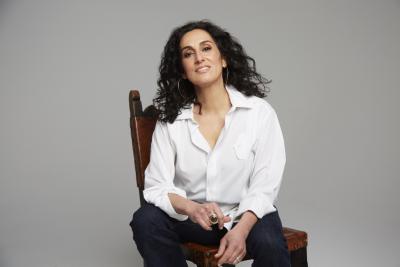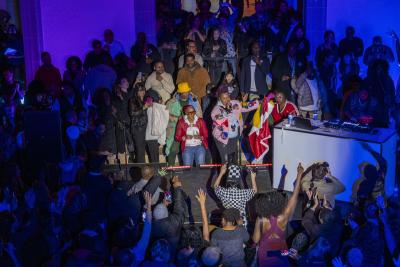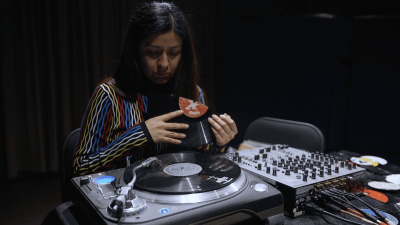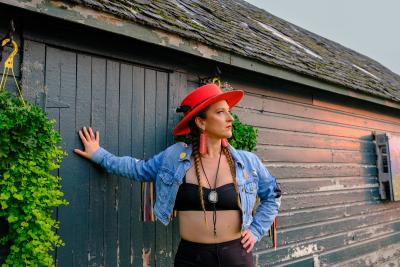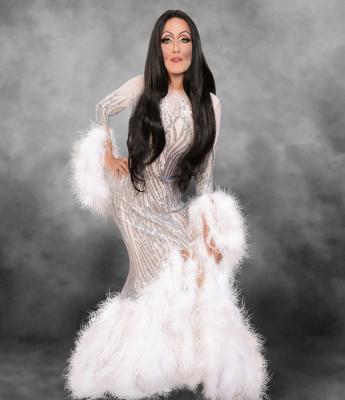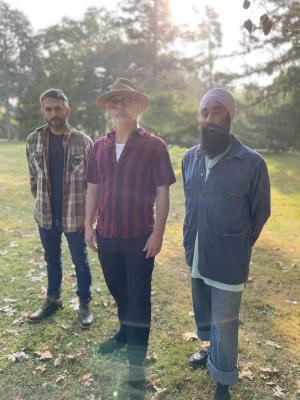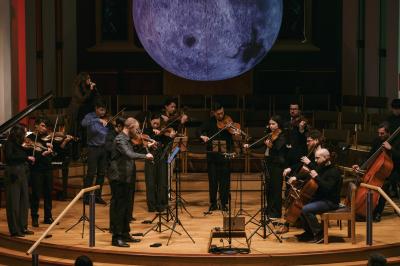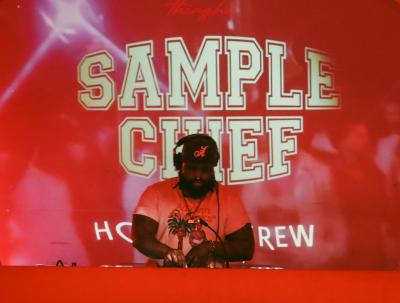Erik Flow on the art of hip-hop busking
The hip-hop artist and avid busker reflects on his epic journey as a street performer
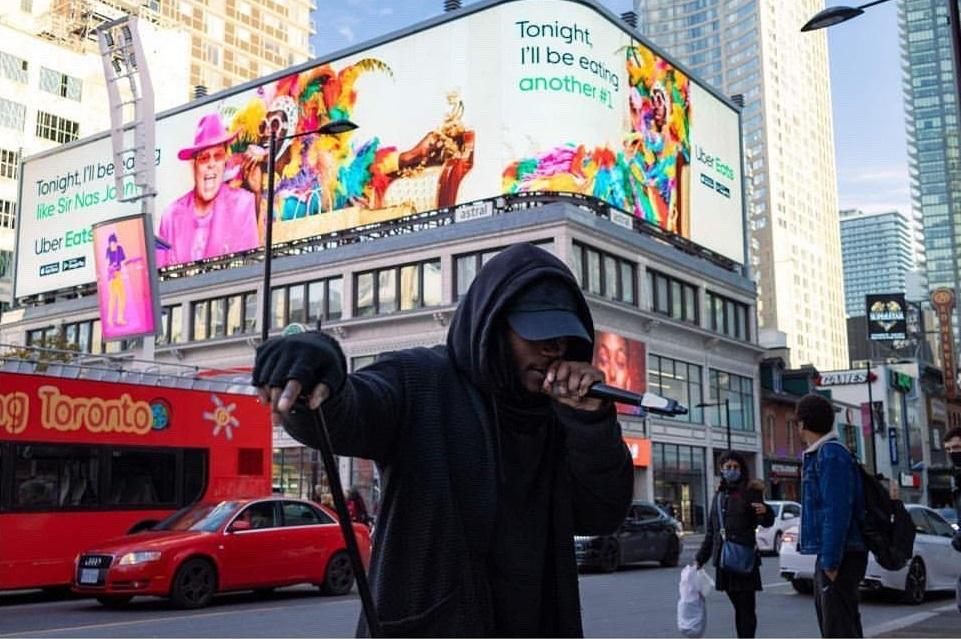
Image courtesy of Erik Flow
The genesis of hip-hop is a commonly storied moment in history: The South Bronx, DJ Kool Herc, community park jams, MCs, DJs, B-boys etc. etc. This underground New York subculture that, in 50 short years, exploded into an absolute staple of global pop culture, was started outside. In 2024, hip-hop thrives more than ever, from grass roots artists to platinum-selling pop stars. But in the digital age, the culture’s original ethos of guerilla-style, outdoor performance has become all but lost – enter Erik Flow.
The Toronto hip-hop artist has become a fixture of the city’s thriving busker scene in recent years. Often found rapping for hours on the southwest corner of Yonge and Dundas, Flow’s modest set-up of a speaker, mic and instrumental backing track have allowed the charismatic wordsmith to make an emphatic impact every time he hits the street. His clever mix of freestyled and pre-written lyrics showcase his technical ability and sharp awareness of the pedestrian gaze. After honing his craft in Toronto over the past four years, Flow has recently made a leap of faith, bringing his busking act to the epicentre of street performance – and the birthplace of hip-hop – New York City.
As we continue to celebrate 50 years of hip-hop culture, Erik Flow spoke to Foyer about his unique work at the intersection of hip-hop and busking. He got candid about what drives his practice, the contrasting realities of Toronto and New York, and his future vision for busking.
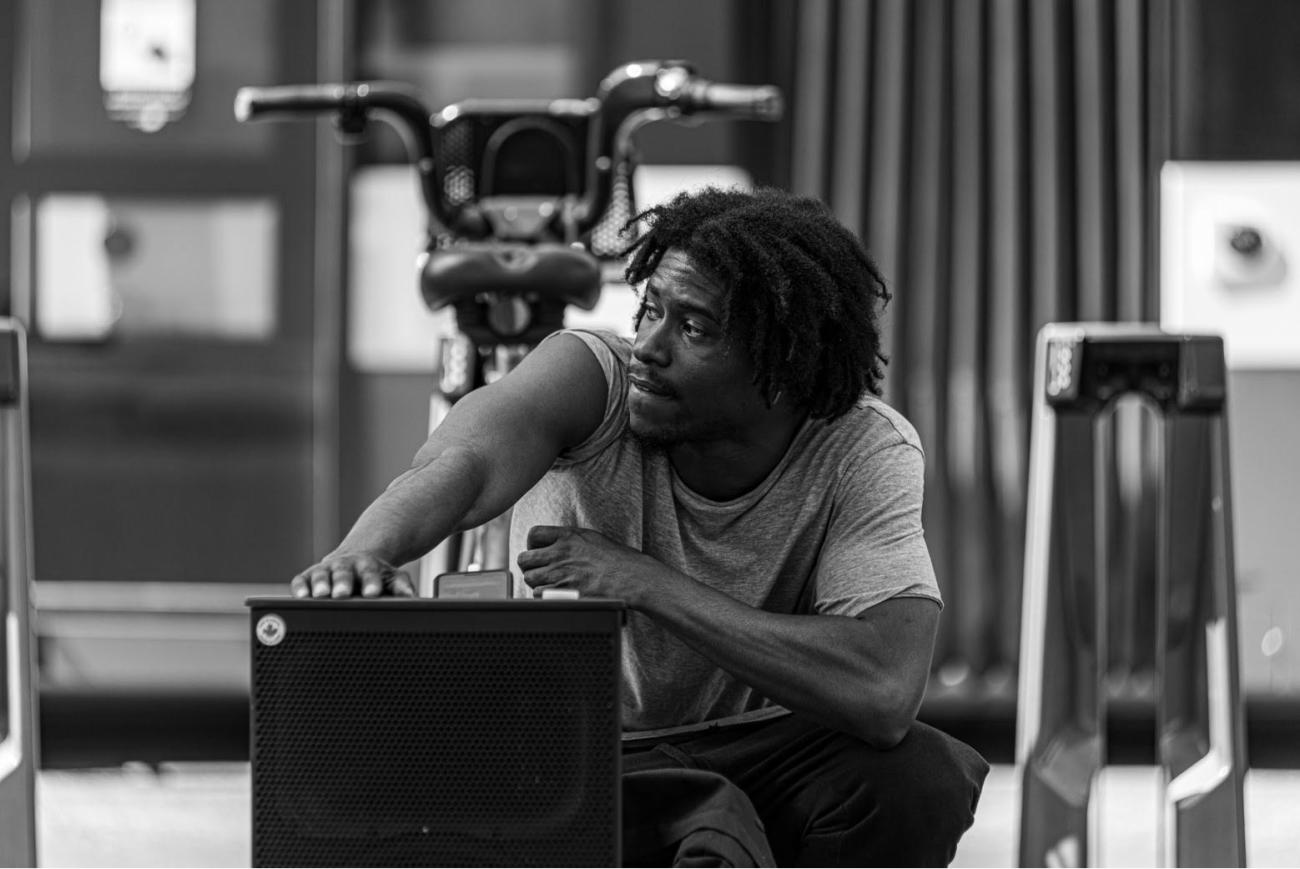
Image courtesy of Erik Flow
Foyer: What is the inception story behind your busking journey? When and why did you start busking, and what made you commit to doing it permanently?
Flow: As a hip-hop artist, I've always been really drawn to the live-performance aspect of things. A few years back, I was in Coalition Music's Incubator program with another artist friend of mine Charmie, who would sometimes do impromptu shows on the train ride home. Sometimes I'd join in with some raps and the experience resonated with me deeply. I drove to New York and gave it a shot there before finding my footing in Toronto. In between that time, I had a chance to tour with Main Source and being that close to authentic hip-hop energy was super inspiring. When I found out I was having a son, my hustle kicked into overdrive. I started thinking about the life I really wanted, which is the life of an artist who has the freedom to move on his own clock. Four years later and it's been worth it for me. It feels incredible once you understand there's value in being your true self.
Foyer: You recently transitioned to busking in New York City. How do you feel about that shift? What in your opinion are the main differences between public audiences in New York vs Toronto?
Flow: New York is the birthplace of hip-hop, so naturally the audience there has a bit more context about what I'm doing. It's been lovely going back there as a seasoned street-artist. New York has a way of keeping it real with you and thankfully the good folks there have been more than affirming. They have a real appreciation for my sound because it really does derive from there. Hip-hop started outside before the industry packed it up, and a lot of the feedback I get has to do with keeping the essence alive. I think because New York is so big and busy I'm better received. And my presentation fits their overall aesthetic it would seem. With that said, I feel like my act stands out more in Toronto.
There's definitely way more competition on the streets of New York. It's multi-dimensional, layered and challenging to navigate but I love that though. I've received pretty good money in both spots but there is definitely something about the American dollar. I'm far from capitalistic but, you can feel how differently the energy around money moves in NYC – It's actually as alluring as they say it is.
I've gotten opportunities in both places, but New York's came a lot faster. Within a week I was talking to actual movers and shakers in the business (new music on the way as a result!). By-Law officers in Toronto have tried to stop me from performing, while police officers in New York have held me down with some money and free security. Don't get me wrong, New York does enforce their laws around noise ordinance, but I think they are way more relaxed about that stuff in general. Toronto feels a little bit too rigid still. In New York, you can hit most subway stations without a permit. In Toronto, you aren't allowed to do that unless you apply for a permit with an audition that only happens every few years. Times Square is very oversaturated. Sometimes I take up space there and it can be worthwhile but it generally isn't as appealing as finding a good subway station or somewhere less obvious.
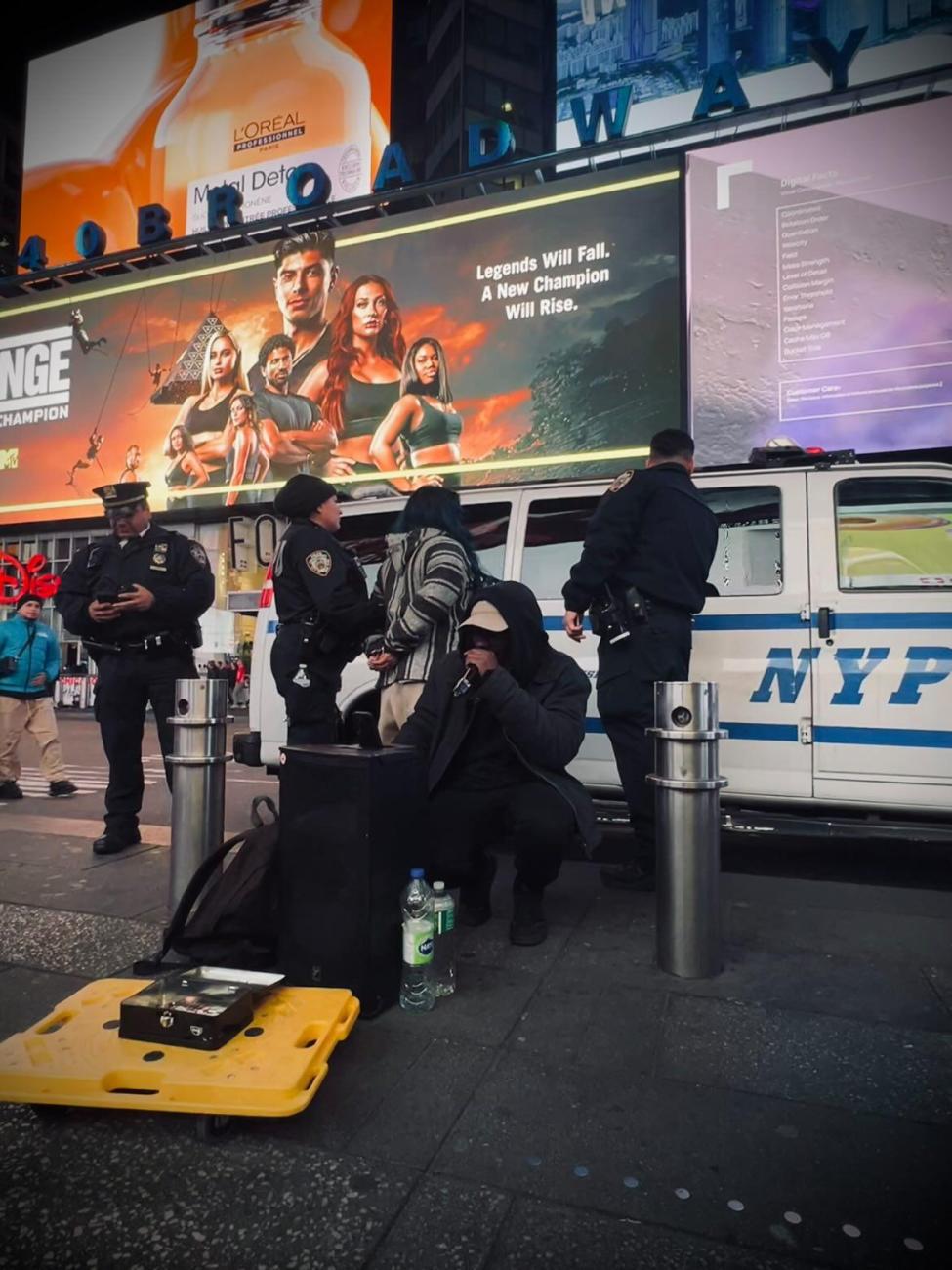
Image courtesy of Erik Flow
Foyer: How has busking impacted your work as a musician? How has it helped you build tools for the recording studio and stage?
Flow: I’ve had my ear to the streets, so to speak, since beginning to perform for the public. I feel more in tune with what resonates overall with people, and I think that's given me an edge when I create. My understanding of sonics has developed and nowadays I write knowing that I have an audience I am speaking to directly. I'm a lot more aware of what I'm saying lyrically, which challenges me to find a universal way to communicate without feeling outside of myself. Endless hours of expressing myself on these streets has refined my whole presentation and skillset for real.
Foyer: What are your hopes for your future busking? Can you share some other cities you’d like to busk in and why? How, if at all, would you like to expand your act in the future?
Flow: I love this artform and I just hope to be recognized as a positive contributor to any space I'm in. As my career progresses, I imagine exposure will be less viable with traditional busking, but I can see me doing pop-ups with a bit more production value at that point. Paris, London, and Tokyo are all places I'd love to try. I know they are popular spots for buskers and I would love to represent hip-hop in that way. Honestly though I think Ghana would be revolutionary to do. I would love to go back home and conjure up some energy and see what happens. Currently I've been working on my DJing and I'm excited to be performing outside, rhyming while I'm spinning. It would give me a little more control and variety to my show while showcasing more of hip-hop's elements. I'm learning a lot from the hip-hop DJs in New York and would love to share that vibration with Toronto. I haven't really set up a physical-to-digital bridge yet, but I'm feeling like it's time definitely. I hope to see you out there.
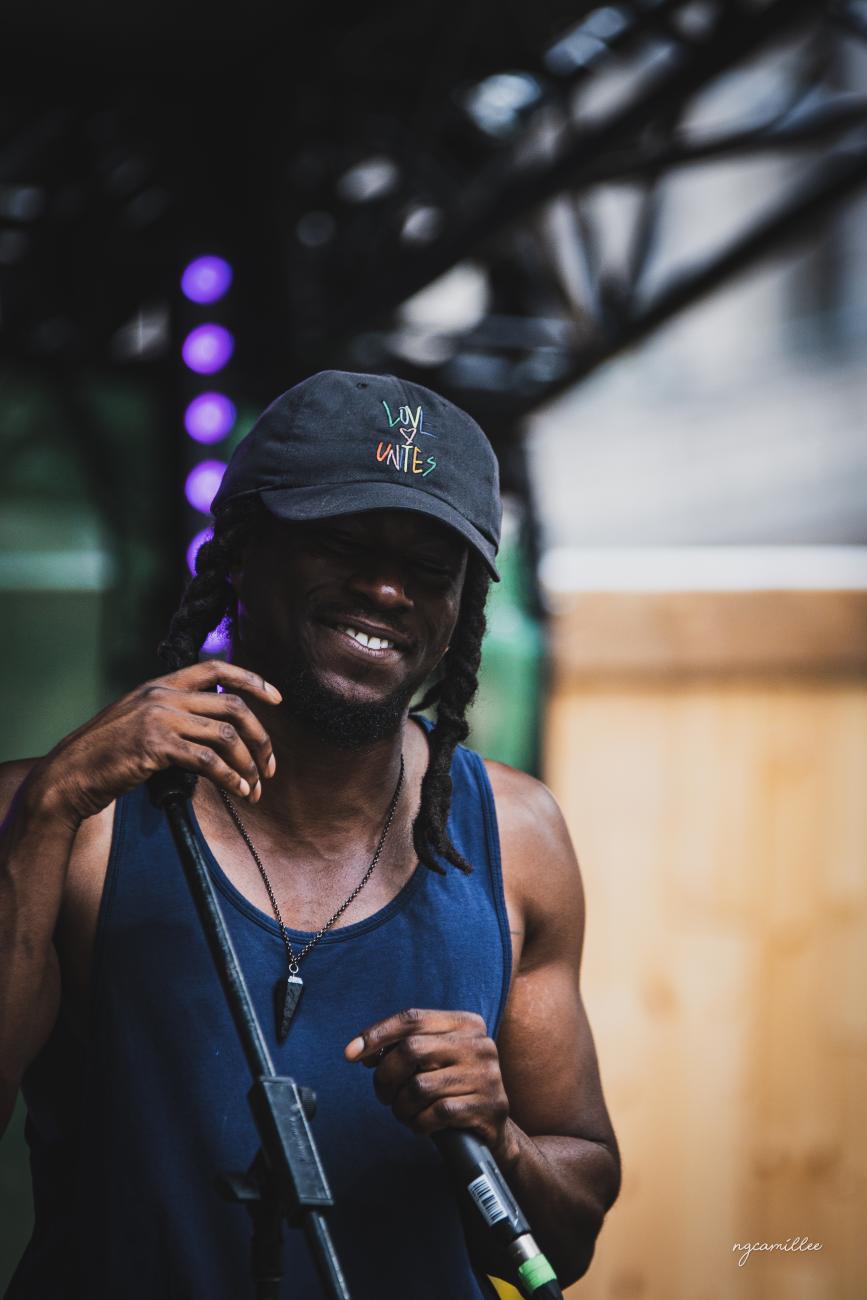
Image courtesy of Erik Flow
Check out the work and journey of Erik Flow here. Stay tuned to Foyer for more stories commemorating 50 years of hip-hop culture. And mark your calendar for December 2024, as the landmark exhibition The Culture: Hip hop and Contemporary Art in the 21st Century opens at the AGO.
